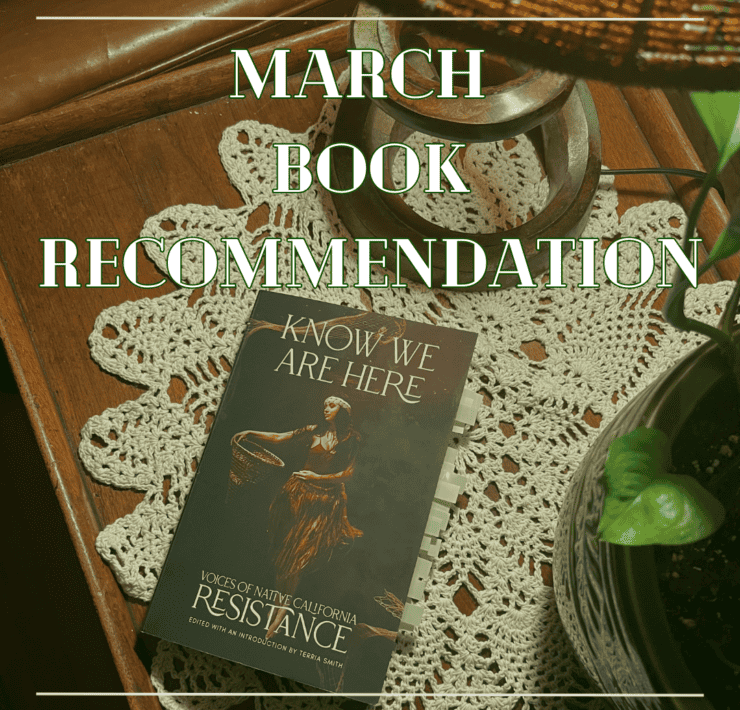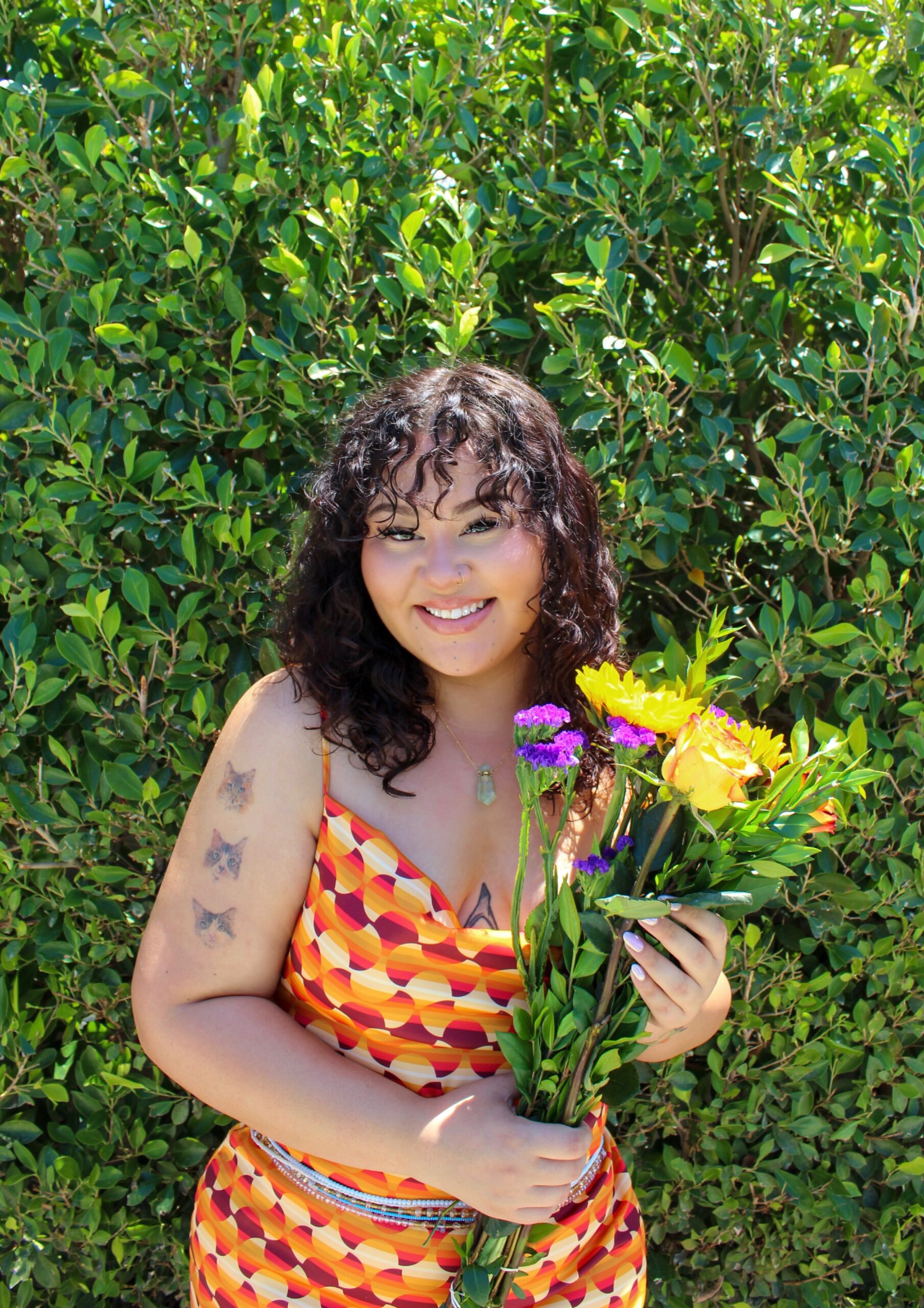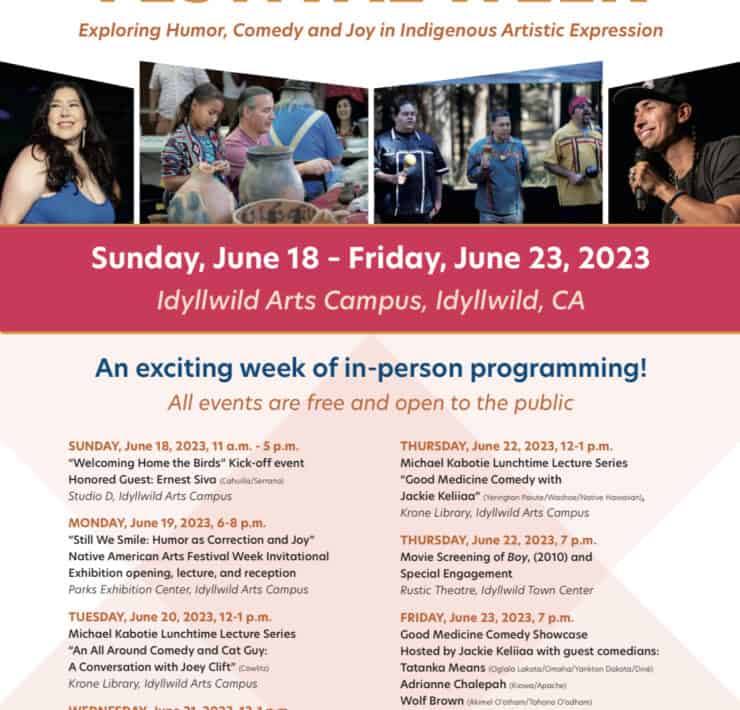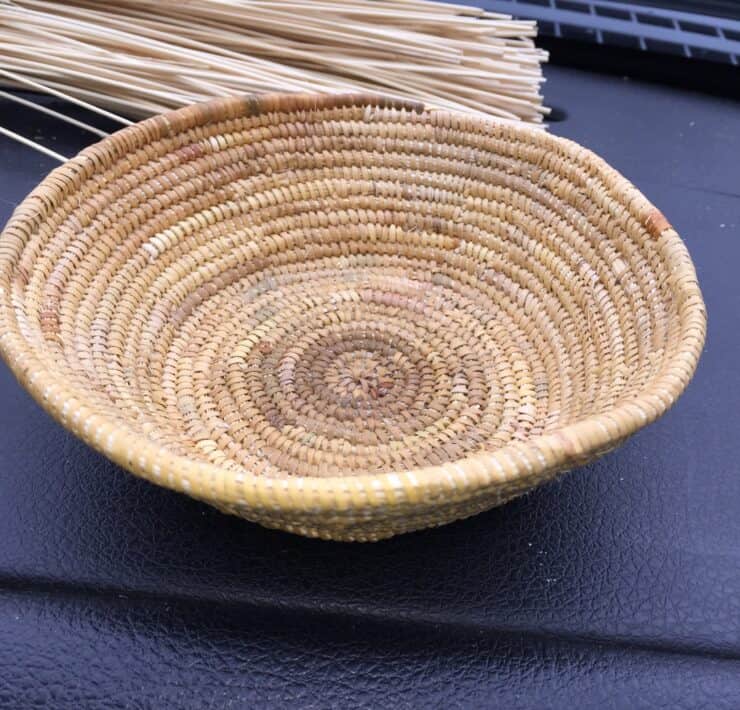
By Emily Clarke
Since I was a kid, my family spent every summer in the tiny Arkansas town my mom grew up in. My sister and I, often bored to death without our friends back at home, spent our time swimming in freezing cold country creeks, jumping on the wasp-infested trampoline, and playing with the Chihuahua, Yorkie, and Daschund puppies my grandma bred for a living. My grandparent’s house, the house our mom grew up in, was actually located about twenty minutes from the nearest town. That town, still being very small and rural, included a Walmart, McDonalds, Post Office, and a few local southern restaurants. Some summers we were able to go to the local Drive-in or hang out at the snowcone truck that was open on and off depending on what year it was. Other summers we spent our time reading all the books in the library or being forced to attend Bible Study Camp. Either way, as we grew up spending more and more time there, and said more and more goodbyes to our friends and family back home on the Rez, we grew resentful of Arkansas as a whole.
Our resentment was partly due to being dragged there on a regular basis, yes. It was partly due to the fact that the only people to hang out with were our grandparents and our mom. But, as we grew into teenagers, the resentment grew as well, and we were finally able to put a name to it. Unease. Uncomfortability. Perhaps imposter syndrome? But not the, I feel like I don’t deserve to be here because this place was made for people with privilege imposter syndrome. More like the, All these White church-going people don’t want me here and it’s obvious type of imposter syndrome. My sister and I, both enrolled in the Cahuilla Band of Indians, spent the majority of our lives on the reservation in Southern California. We are mixed race and arguably White-passing, depending on who you ask. However, there’s no denying that being Native, especially being So-Cal Native, just seems to give you a different perspective on life than most. Maybe this is what the Arkansas residents in our mom’s hometown picked up on. Whatever it was, as I grew older and became more aware of my surroundings, they seemed to sniff out the fact that I was different like they had a radar for that kind of thing.
It wasn’t just that I was different from the people in my mom’s hometown. Those of you who know me on a personal level know that I don’t mind being the odd one out when it comes to opinions, perspectives, or even backgrounds. The thing that really bothered me was the feeling of complete strangers clearly not liking the fact that I was different from them. I can’t say it was malicious, I can’t even say it was outright racism. In fact, other than the few family members I have in Arkansas and the members of my grandparent’s church, I can’t say anyone in the area even knew I was Native. But I know that any people of color reading this article will know what I’m talking about when I say I got the feeling every time I visited Arkansas. The feeling that I was being watched, followed even. The feeling that every person I walked by was either somehow disgusted by me or terrified of me. The feeling that I didn’t fit in, didn’t share the same beliefs or experiences as anyone within a hundred miles of me, didn’t belong there, didn’t, didn’t, didn’t. More than anything else though, I felt like I had no community in Arkansas. Back home on the reservation, my sister and I were always involved in tribal events, local powwows, and cultural demonstrations and classes. We spent almost every weekend learning to Bird Dance, playing traditional gambling games, or just spending time on the Rez. But Arkansas was different. We felt alone. I felt alone, and that empty, gnawing feeling in the pit of my stomach persisted throughout my teens and into my twenties each time I visited my grandma.
Because of this, I hadn’t been back to Arkansas in four years when I visited last week. Even though I resented my time spent there as a child, I had begun to long for the humid summers, the sound of whippoorwills just before dusk, even the old stone buildings of the nearby town. I even wrote a poem about Arkansas, which I had never done before due to chopping up my experiences there as boring or lesser than. Suddenly, I wanted answers to why this place got under my skin so much. But I also wanted to see my grandma. Native culture teaches us to value the relationships we have with our elders and to make an effort to spend time with them, and truthfully, I was doing a bad job of that when it came to my mom’s side of the family.
The trip, although only about three days long, went better than expected. There were the usual stares of course, maybe because I dared to wear a crop top to Walmart or maybe because I was the only one wearing a mask in the entire town. I ate enough southern food to clog my arteries, even indulging in the classic fried catfish and hushpuppy dinner and my favorite Sonic drink that the ones here in So-Cal refuse to make no matter how many times I ask. I stayed up late watching bad TV with my grandma and her three dogs, beaded a couple rows of a new medallion, and desperately pulled out my camera everytime we saw a body of water (which in Arkansas is about every five minutes). I was surprised to not feel as ostracized as my younger self did, and even though I was only there for a few days, I felt more comfortable than I ever had during other visits.
It was on the drive back to the airport that it hit me. Wait a second, I thought to myself, where are all the Indians? Whenever I traveled anywhere, I was used to finding comfort in the presence of other Native people. On road trips across the country, my family and I stopped at tribal gas stations and trading posts. When I went to writing retreats and summer camps, I always managed to befriend the only other Native kid there, most of the time before even knowing they were Native. No matter where I was, I liked to know whose land I was on and what some of their cultural practices were. But I had never done any of these things while in Arkansas. Had I ever even seen another Native person in the small town my mom grew up in? And I don’t mean someone like my great aunt who claimed Native ancestry, dyed her hair box black, and wore western beaded jewelry to church. I would surely have come across someone else with a tribal background and just not realized it, right? But the longer I thought about it, the more I realized how lacking the area in Arkansas I was used to was in terms of Native presence and culture. No casinos or trading posts, no powwows, no “Now Entering” Rez signs with bullet holes in them. And yet there was so much land. So many creeks and rivers, lush plant life, and hunting areas. Where were all the Indians?
I sat in the airport engrossed in research until my plane came. Of course there were Native people in Arkansas, there were many tribes who lived here pre-contact including the Osage, Caddo, and Quapaw. But there was no recollection (at least where the state of Arkansas is concerned) of exactly what happened to those peoples that made them now considered midwestern tribes. Truthfully, I knew what happened. Genocide happened. Forced removal, disease, and murder happened. When I finally found an article about the Quapaw people on the Encyclopedia of Arkansas and read that a wave of American immigration in 1811 “overwhelmed” the Quapaw tribe and their population diminished, that feeling in the pit of my stomach that I knew so well started to make another appearance. For some reason, I had never realized this lack of Native presence before.
As the plane gained speed on the runway and slowly carried me above the Arkansas river and back home to California, I realized why my sister and I always felt so alone when visiting the south. Being rez kids, we were used to our people always being nearby. When you grow up immersed in your culture, the pressure of being racially different or standing out due to your beliefs is reduced by the presence of your community. This is not to say that traveling anywhere outside of your community is bad or will always be an alienating experience, but rather to say that the power of Native community is strong, and the lack of that community can sometimes be startling. When I was in Arkansas, the presence of my community, or any Native community at that, was simply gone. I’m not saying my sister and I were the only Native people in the entire state, but the truth was that without a substantial Native presence within the area we visited, we felt like aliens.
Back home, my sister and I get ready for an upcoming tribal event where we will Bird Dance and catch up with cousins we haven’t seen in awhile. We talk about driving up the mountain to our rez more often and spending more time with our family. I plan to host a beading circle with a few Native women who live nearby. It’s strange how only a few days away from my community made me want to be more involved, more present, and more grateful. It’s even stranger to realize that much of the turmoil I experienced during my childhood summers in Arkansas was due to feeling disconnected to the culture that makes me who I am today. This week, I returned to the poem I wrote months ago. Entitled “Roasting Ear,” the eerie name of the road my mom grew up on, the poem is void of any Native perspective other than my own. However, it ends as it should, with my sister and I finding the presence of our community within each other. “The whippoorwill’s song is growing nearer– / We hold hands on the bank of the pond, / the night humid, the moon a tobacco flower. / Then, suddenly– a dash of lightning. / Or was it a shooting star?”









